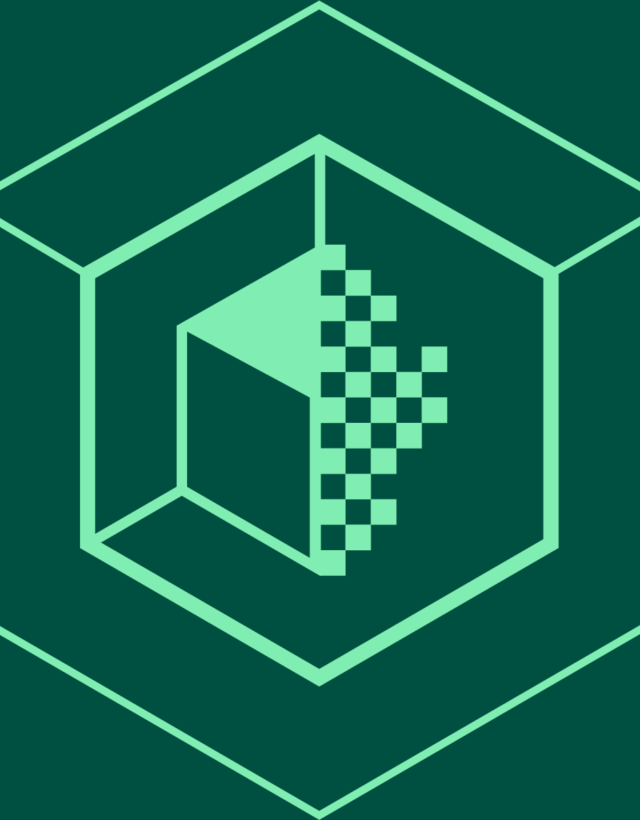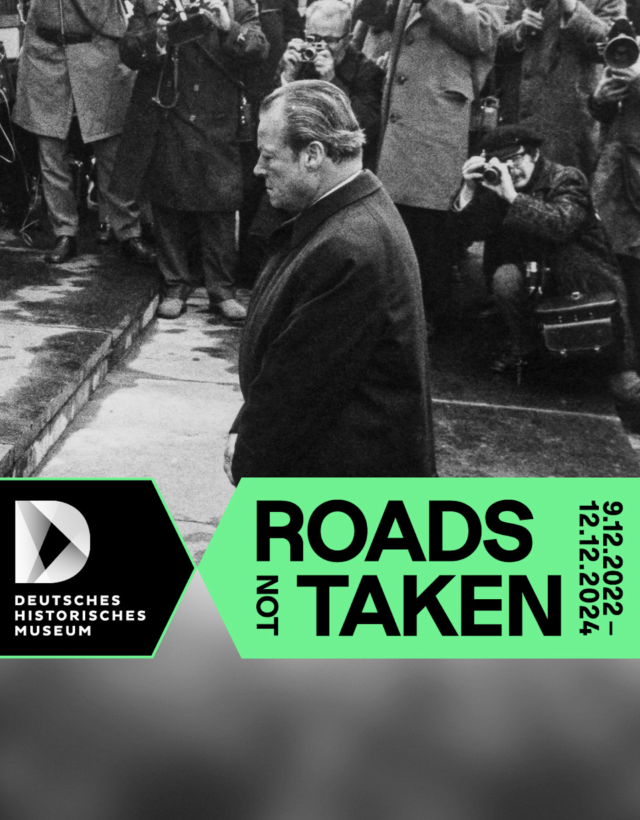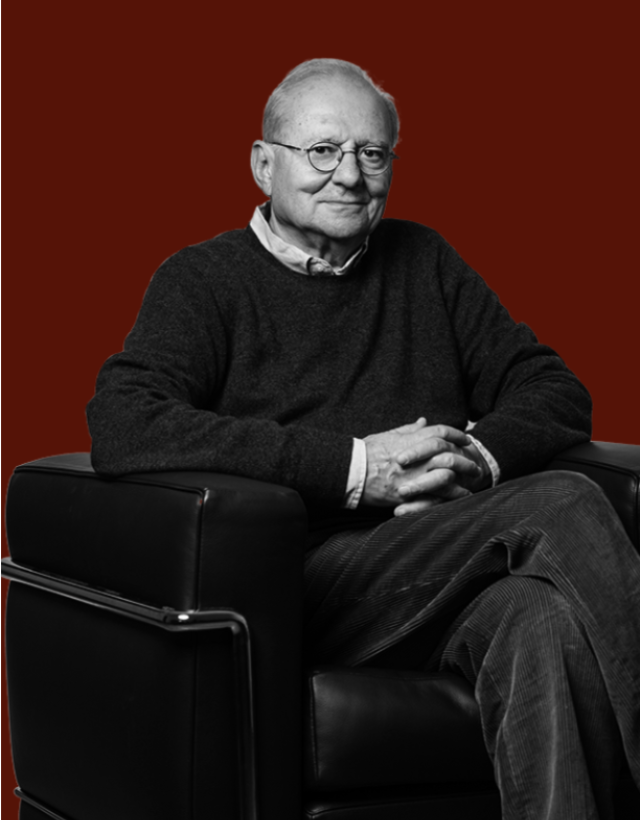In their analysis, the researchers examined, among other things, reactions to reports about criminal proceedings against three former concentration camp employees. The result: 25% of the 3,780 comments analysed on the websites and Facebook and Twitter profiles of leading German media contained antisemitic statements. Almost all of the antisemitic comments involved hidden antisemitism.
Capturing this implicit antisemitism is precisely the goal of the "Decoding Antisemitism" project, which is being realized by the Center for Research on Antisemitism at the Technische Universität Berlin in cooperation with King's College London. With the help of machine learning, an algorithm will learn to recognize antisemitic coded language. The detailed analyses contained in these Discourse Reports, published biannually, will serve as "fodder" to train these algorithms. Ultimately, the goal is to develop a tool that makes implicit antisemitism visible in commentary sections.
Reactions to the proceedings against the former concentration camp employees in particular often contained the antisemitic concept of deflecting blame. Users attempted to exonerate the defendants - and thus the German people in general - from responsibility for the Holocaust. Comments claimed that even SS officers had no choice in their behaviour.
Accordingly, the conclusion of the "Decoding Antisemitism" research team is:
"The analysis indicates that efforts within German society to “work through” and come to terms with the past remain insufficient. There are significant gaps within what had been assumed to be a broad consensus in Germany about the Nazi crimes. Remedying this should be an urgent priority."
The adaptability of antisemitism on the internet is documented through an analysis of online debates in France on the introduction of the so-called health passport - the "Corona Pass" which proves vaccination or infection-negative status. 4,246 comments from the Facebook and Twitter pages of French mainstream media were analysed - with the following results, among others:
- The proportion of antisemitic comments increased from 3% to 15% when the discussion shifted to the prosecution of a protestor against the Corona Pass. The protestor had previously accused prominent French Jews of being responsible for the introduction of the Corona Pass.
- Those who argued that the protestor's accusation was antisemitic were dismissed as malicious alarmists seeking to restrict freedom of expression on behalf of the political elite. Others confirmed the accusation, arguing that Jews were "overrepresented" in the French elite.
- Internet users frequently compared the French government's measures to combat Corona with those of the Nazis and the protestors with Jews. In doing so, the commentators positioned themselves as victims by trivializing the Holocaust.
Although both controversies are very different, the analyses from Germany and France show significant similarities: A common tendency is characterized by the distortion, downplaying and trivialization of the Holocaust, as well as by combining antisemitic concepts with criticism of the respective governments.
You can download the complete third Discourse Report here.


